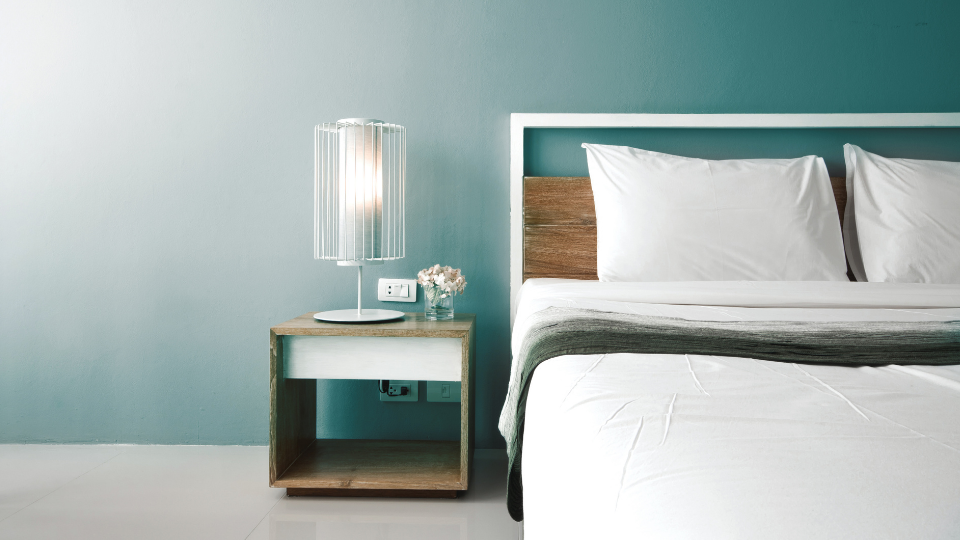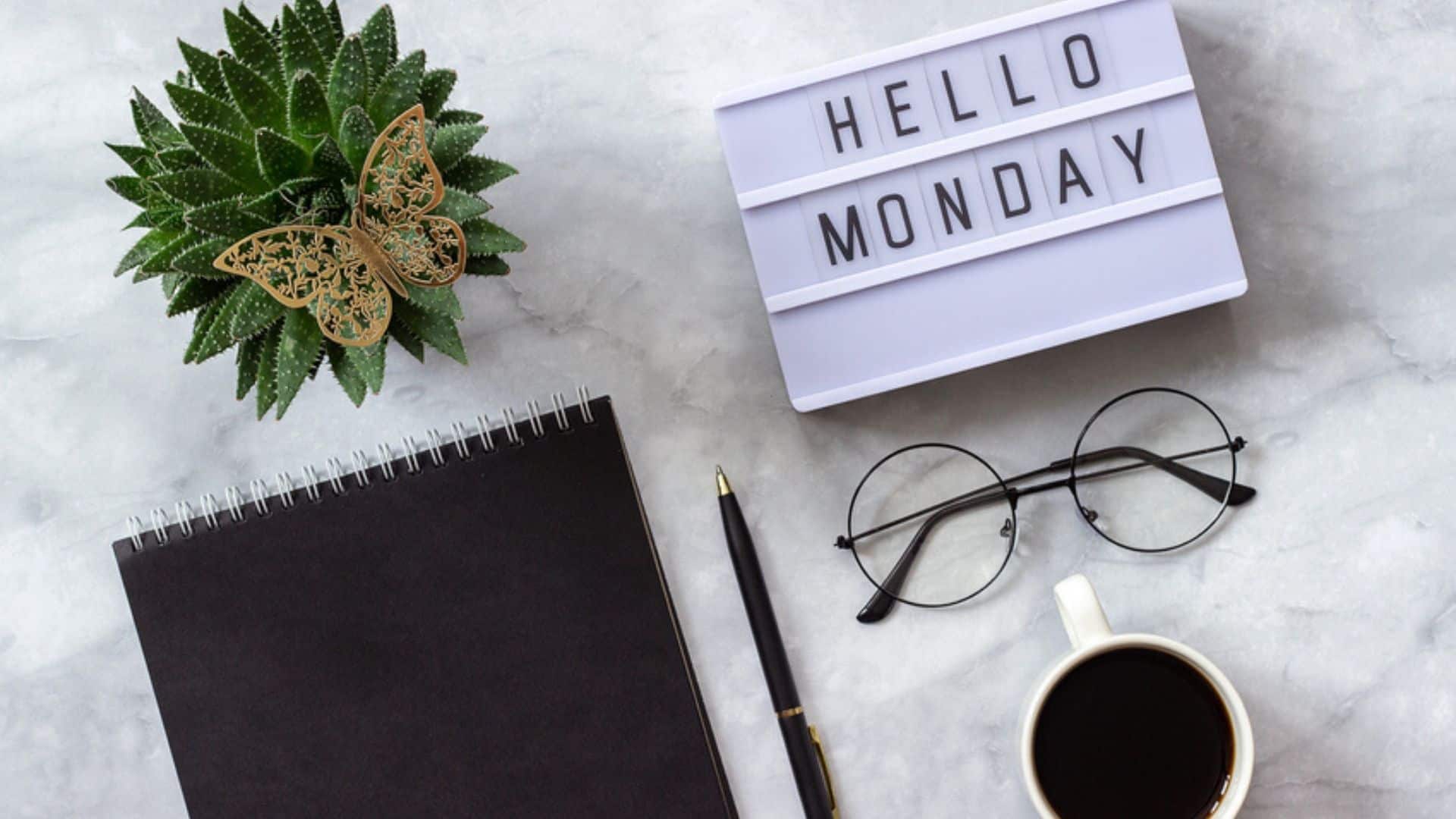Do any of these scenarios sound like your regular night routine?
- Your body never wants to fall asleep at the right time. Where was this midnight energy when you were struggling to keep your eyes open at work in the afternoon?
- You can fall asleep around 10 PM simply fine but your eyes shoot open like clockwork three hours later. You fiddle around on your phone for a few hours before you crash again for an hour or two before your alarm goes off.
- You're so chronically stressed that you don't plan sleep, you just crash. As soon as you sit down to watch TV after work, you're out cold for a three-hour nap and then wide awake at 10 PM.
Why Does a Night Routine and Better Sleep Matter So Much?
Sleep has a serious impact on your health in more ways than one.
Chronic sleep deprivation is directly linked to high blood pressure, diabetes, obesity, stroke, and heart attack. (3)
On the mental health side, sleep deprivation can lead to depression, dementia, Alzheimer's, ADHD, bipolar disorders, and anxiety. (4)
You'll also suffer from slow reaction times, poor decision-making skills, and cognitive issues -- all of which can have deadly consequences. Studies have found that driving after a night of poor sleep is nearly as deadly as driving after a few drinks.
Three Mile Island, Chernobyl, the Challenger explosion, the 1989 Exxon oil spill, plane crashes -- in all of these disasters, sleep deprivation was either a direct cause or contributing factor. (5)
You need sleep to recharge your heart, reset your hormones, and clear out waste from cells in your brain. (6)
A good night’s sleep is also a vital part of your skincare routine or beauty routine.
During sleep, your body regulates its hydration. That's why even a single night of poor sleep leaves you with dry skin yet bloated under eyes.
In a society that glorifies and rewards sleep deprivation, developing a night routine to promote good sleep is one of the most rebellious things you can do for your personal health!
7 Steps to a Healthy Night Routine
If you're not getting at least seven hours each night, you're not getting enough sleep.
To help your body and brain relax and jumpstart the sleep process, start by developing a healthy nightly routine.
1. Turn Off the Screen (Or At Least Turn on a Blue Light Filter)
Logging off social media and staying out of your email inbox will help your brain calm down so it can prepare for sleep. It's best to put all electronic devices down 2-3 hours before bedtime. If watching Netflix, reading on your phone, or listening to podcasts helps you fall asleep, make sure you turn on a blue light filter. Studies show that the blue light screens emit mimics that of the sun and trick our brain into staying awake.2. Avoid Alcohol and Sleep Better

Alcohol often acts as a stimulant at night and throws off your circadian rhythm. (7)
As your body pushes alcohol out of your body, the depressive effects wear off and your brain becomes flooded with wake-up chemicals.
If you wake up in the middle of the night and can't get back to sleep, you may want to rethink your nightcap.
3. Get Enough Exercise During the Day
Your night routine starts during the day! Physical activity is incredibly important for regulating your circadian rhythm and hormones -- including those responsible for sleep. (8)4. Try Some Bedtime Yoga and Meditation to Unwind

Some relaxing bedtime yoga is an important part of a healthy sleep routine.
Yoga can help stretch out your legs and back so you're less susceptible to restlessness, like restless leg syndrome.
Meditation is equally important for reducing mental stress.
Try some guided meditation at night to clear your mind of negative stressful thoughts and recap everything from the day that you're grateful for.
In recovery, addicts are encouraged to focus on gratitude meditation to help overcome their perfectionist nature, but everyone can benefit from the positivity boost. (9)
5. Write Down a To-Do List
If you find yourself running over tasks and responsibilities in your mind as you try to sleep, consider writing down a to-do list as part of your nighttime routine. Like, physically write it down. Buying a physical planner and scheduling your day (with spaces for exercise and self-care) can help tremendously for a productive tomorrow. Journaling your thoughts may also help reduce nighttime anxiety and boost your willpower to tackle challenges.6. Consider Supplements or Tea for Better Sleep
Of course, melatonin is many people's go-to supplement for better sleep but it's not your only choice.
Teas like valerian root and lavender are scientifically proven to reduce anxiety on-par with prescription medications.
People also use medicinal mushrooms to unwind at the end of the day, making it part of a nightly bedtime routine.


